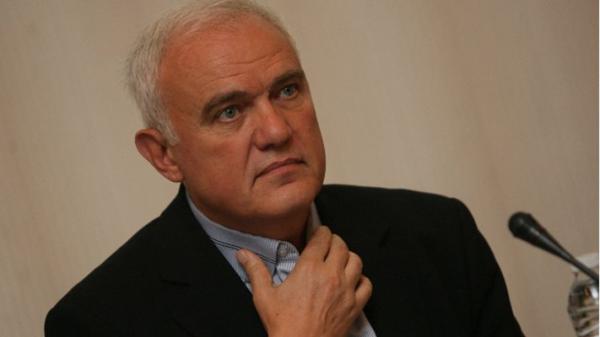17.03.2023
On the website of the "24 Chasa" newspaper, Prof. Dr. Stefan Petranov, professor at the Faculty of Economics and Business Administration of Sofia University "St. Kliment Ohridski", comments on the benefits of investing in government bonds.
In the article Prof. Dr. Petranov states:
"...encourage people to invest in government bonds - both investors and the state win. They will get a higher return and they will invest in their country.
In addition to other events, 2022 also brought a significant change in the conjuncture of the international capital markets. High inflation caused a shift in monetary policy towards higher interest rates and this automatically raised the cost of borrowing. As a result, all borrowers will experience difficulties, including the Bulgarian state.
The Bulgarian budget has been in deficit in recent years, which is why part of the budget expenditures are financed by the capital markets, by issuing government bonds, i.e. the government borrows. The return to investors on these loans (essentially the interest the government has to pay on the loan) was for a long time relatively low, and the government financed itself by paying annual interest of around or even below 1%.
But these good (for the Bulgarian state) times are over. From the second half of 2022, the yield required by investors increased and the auctions conducted by the Ministry of Finance for the sale of government bonds on the domestic market showed that the state can already be financed at much different interest rates - between 4.01% and 5.65% for bonds maturing in ten and a half years and five and a half years, respectively. What's more, these interest rates were obtained with incomplete realization of 3 of the last 4 auctions. This means that part of the requests for purchases of government securities were under conditions requiring even higher returns for investors, and therefore the Ministry of Finance did not fully mobilize the financial resource that was planned.
Now let's look ahead. After the elections on April 2, a new budget for 2023 will be adopted, but judging by the implementation of the budget for 2022, it will have a deficit of no less than 6 billion BGN. The medium-term budget forecast until 2025 is yet to be updated, but it is now clear that the budget will continue to be in deficit for the coming years. At the same time, the trend for the moment is for interest rates to rise and are likely to remain relatively high over this three-year period. These circumstances give cause for concern about the large payments the country will have to make to service the new debts.
Can something be done about it? Can the described tendency of deterioration of the market environment for financing public expenditures in Bulgaria be counteracted to some extent? The answer is YES, better access can and should be given and the general public encouraged to buy government bonds in the domestic market.
You can find the full text of the article here.
